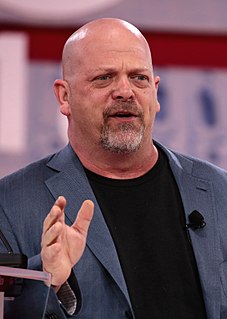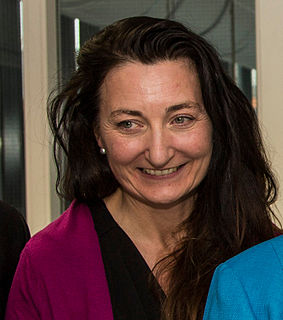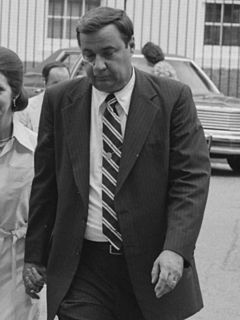A Quote by Johnny Carson
Adults ask questions as a child does. When you stop wondering, you might as well put your rocker on the front porch and call it a day.
Related Quotes
You might have, as a character, 30 pages of dialogue a day if you're what they call a 'front-burner story.' So you go home, you learn your lines for the next day, you get up, you're there at 7 in the morning, you do a quick rehearsal, you're on camera, you might leave, you know, at 7 at night and start the whole thing over again.
I don't like the way most people think. It's imprecise. I find that when parents ask me questions, they ask very imprecise questions. They say, "My kid has behavioral problems at school." Well, I have to say, "What kind of problems? Is he hitting? Is he rude? Does he rock in class?" I need to narrow questions to specifics. I am very pragmatic and intellectual, not emotional. I do get great satisfaction when a parent says, "I read your book, and it really helped me."
Others of us are lost. We're forever seeking. We torture ourselves with philosophies and ache to see the world. We question everything, even our own existence. We ask a lifetime of questions and are never satisfied with the answers because we don't recognize anyone as an authority to give them. We see life and the world as an enormous puzzle that we might never understand, that our questions might go unanswered until the day we die, almost never occurs to us. And when it does, it fills us with dread.


































